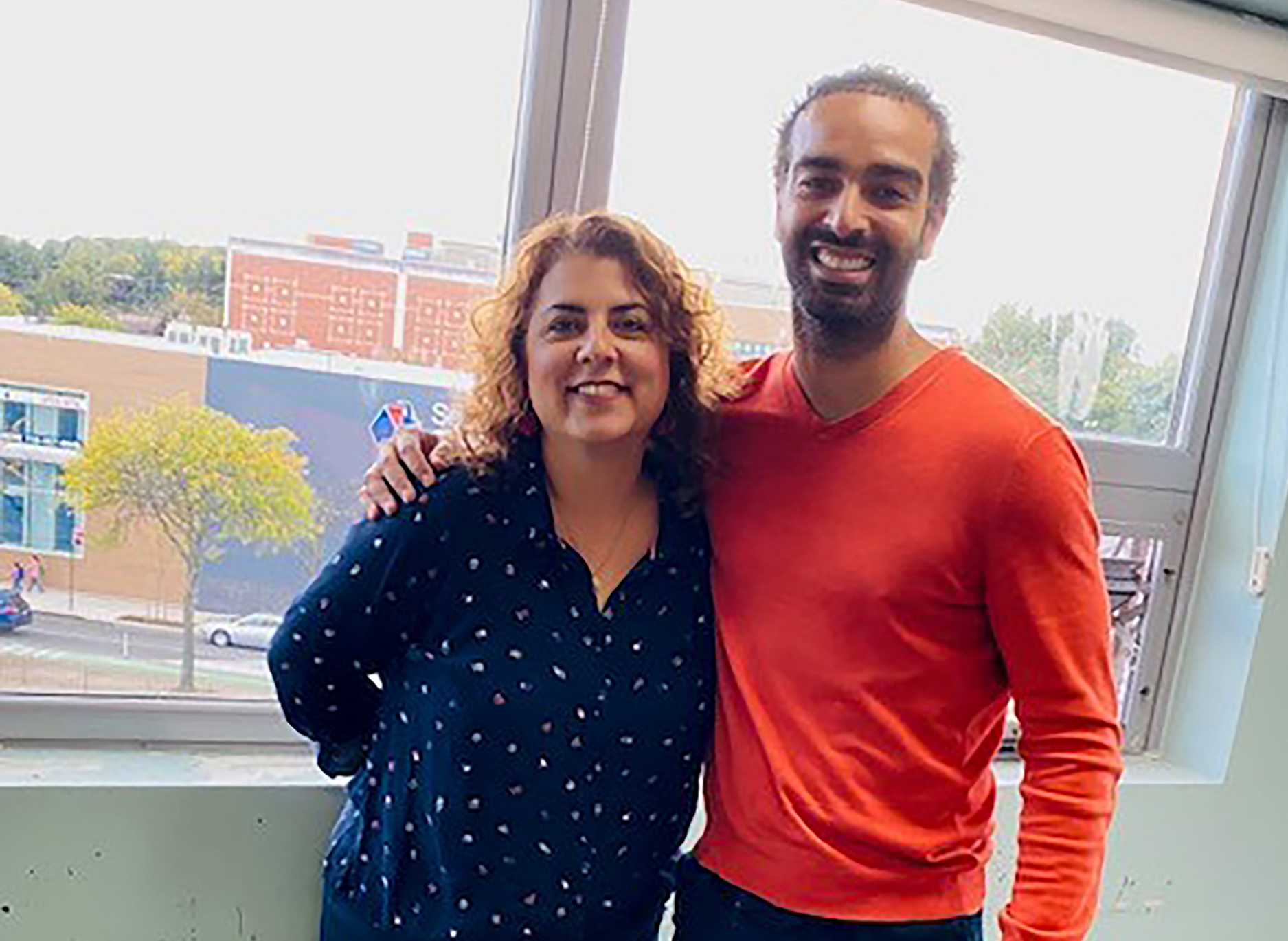AHRC NYC focuses on meeting people where they are and supporting them in living the lives they want. One unique individualized support that is provided is the support of Behavior Intervention Specialists (BIS). A BIS helps people find alternatives to work through behaviors that aren’t working for them, such as dangerous actions towards themselves or others. BIS looks at the root of the issue and what may be causing the behavior, also called an antecedent. Antecedents might be an environmental factor, a transition or change at home, a medication change, or an unmet need. BIS team members are uniquely positioned to align and advocate for what the person needs to be successful. This unique perspective initiates creative solutions and safe spaces for people to discuss their issues and needs.
“We monitor and follow up on different behaviors and on ways to improve people’s quality of life by changing or modifying behavior into something more functional for the person,” said Marcela Castenada, a longtime BIS at Cyril Weinberg Day Services in Queens.
“I see myself as a bridge between management and direct support staff. I’m the go-to person for both people supported and staff when we need to establish an effective and healthy stream of communication between the two.”
Rolando Gonzalez, a BIS with AHRC NYC’s Joseph T. Weingold Day Services and with the Bronx Traumatic Brain Injury program, said, “In my day-to-day work, I collaborate closely with people supported, their families, and other waiver providers to develop and implement behavior support plans. I provide counseling, use behavior modification techniques, offer crisis intervention, and conduct training sessions for staff on positive approaches and behavior management.”
BIS often work with people with the most complex needs in their respective programs. “Challenges in communication can lead to higher chances of behaviors that are not working effectively for people supported,” Rolando said. “People supported with complex needs might have difficulty communicating what is bothering them.”
Marcela explained that people benefit from individualized support plans that propose solutions and modifications customized for each circumstance. Some alternatives that might come up in individualized help are increasing or decreasing a person’s sensory experience, such as moving to a different space with low lighting or a larger room for movement to jump or run, alone time to decompress visual schedules, and more.
Behavior Intervention Specialists and Sexual Health Education
People with intellectual disabilities experience the same sexual thoughts, attitudes, feelings, desires, fantasies, and activities as anyone else. As such, the role of BIS can require providing much-needed sexual health education to people supported and their families.
“When people with disabilities are not recognized as sexual beings, they miss out on important sexual education,” Rolando said. “This lack of knowledge and resources affects them, their caregivers, and staff.”
Like other behavioral supports, the BIS team explores individual sexual knowledge, interests, needs, and potential behavior supports. Often, this is the first time a person is exploring the topic. “People with IDD are prone to abuse or danger in certain situations due to their misinformed or lack of knowledge about sexuality. Some might be very knowledgeable about contraception but may not know the difference between private and public behaviors, showing lack of discussion about privacy and sexual expression…” shares Marcela, which prompts the need for not only education but developing a skillset in judgment. “People may not have access to more appropriate sexual outlets or did not receive comprehensive education about social etiquette and legal issues around sexual behavior. Others may not recognize their sexuality or have been told that any sexual expression is unacceptable,” Marcela adds.
Needed Improvements and Interventions
Marcela and Rolando agreed that there needs to be more specific training around sexuality for people with disabilities and that current treatments tend to be more reactive to specific incidents rather than proactive about educating everyone. By offering proactive sexual education, we can empower people with disabilities to understand better, prevent, and report sexual abuse. It also opens up a broader conversation about unmet needs when it comes to sexual expression and relationships. Project SHINE’s recently published research articles validate the need for additional training and support for direct care professionals. When asked, “How prepared are you to discuss sexual reproductive health topics with youth?” 30% of professionals said they felt unprepared, 57% reported they felt somewhat prepared, and 13% said they felt very unprepared. No focus group participants mentioned feeling sufficiently prepared.
“Discussing consent, boundaries, and reporting sexual abuse is crucial for people with complex needs. It is imperative for their safety and well-being. As a BIS, I provide support on these topics,” Rolando said.
BIS team members are imperative in AHRC NYC responding and supporting individualized support, including sexual reproductive health support. As Project SHINE continues, AHRC NYC looks forward to sharing research and new tools for youth with disabilities, family members, and professionals.
About Project SHINE
People with disabilities deserve access to the fullest range of sexual and reproductive health information and care they need and want. Project SHINE envisions a world where youth with intellectual and developmental disabilities have equitable access to high-quality information and affordable health care, with supportive laws and policies that ensure the greatest autonomy and informed sexual well-being possible across the lifespan. The Project SHINE mission also believes that family members, including siblings, recognize the value of sexual health and education for their loved ones to ensure a holistic, healthy approach to these issues.
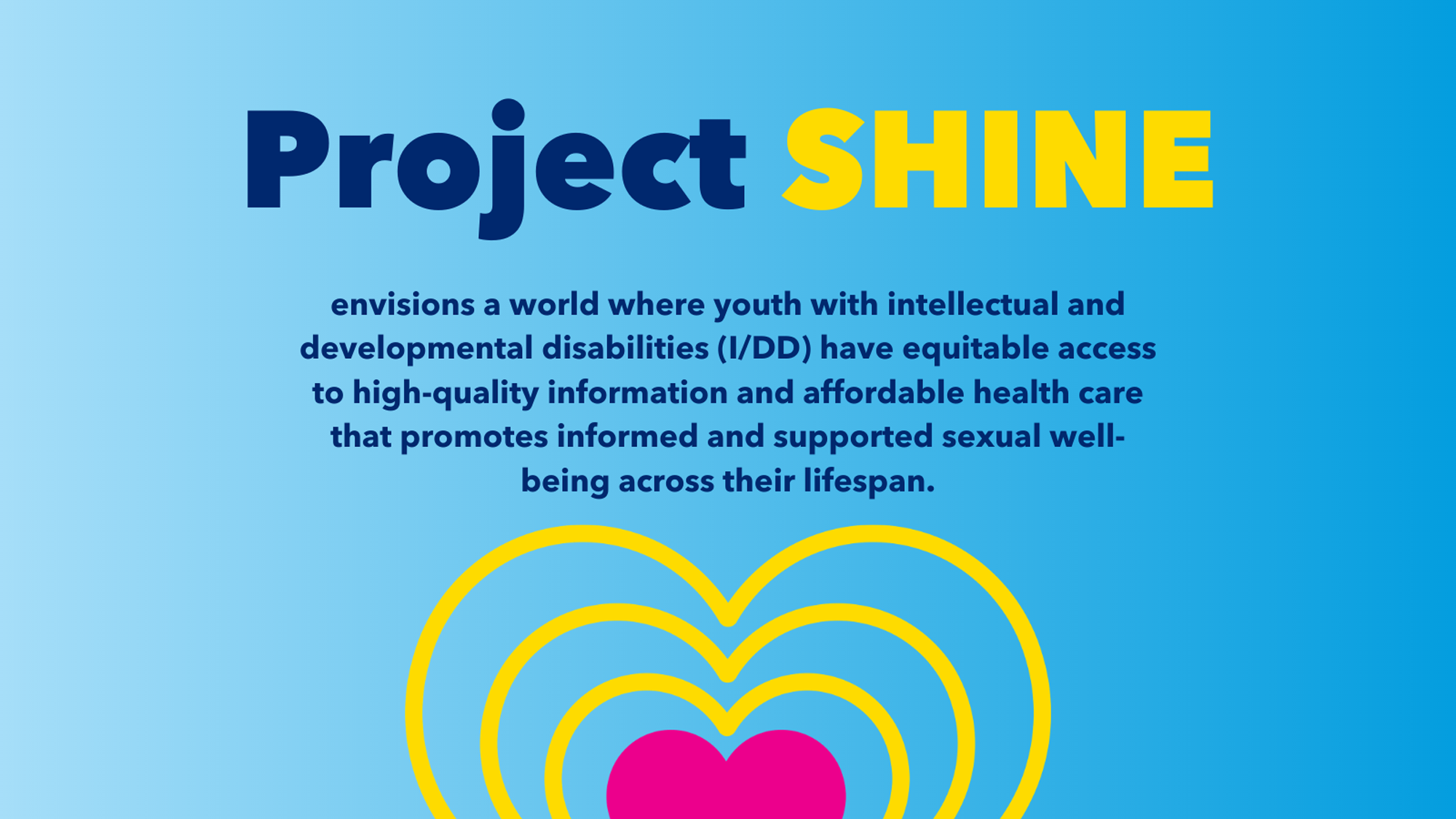
Related Stories
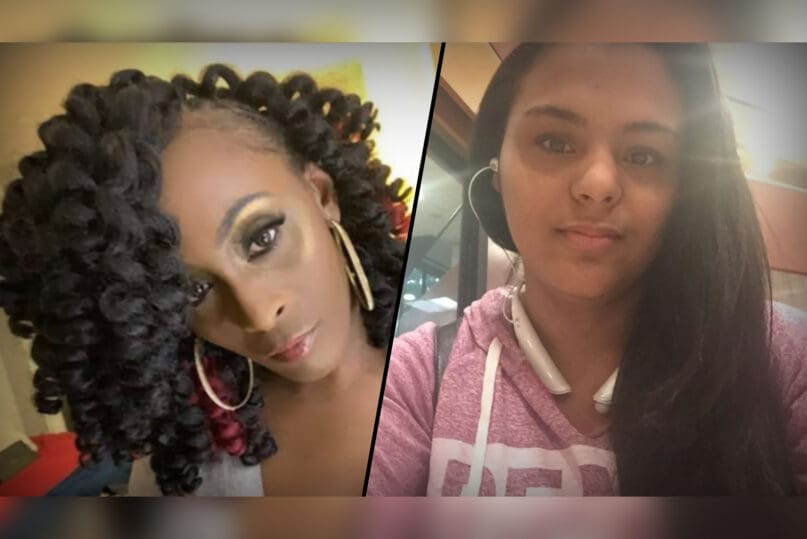
Project SHINE: A Conversation About Sexual Health, Independence, and Education
Self-advocates supported by AHRC NYC programs spoke candidly about their experiences with sexual health & education.
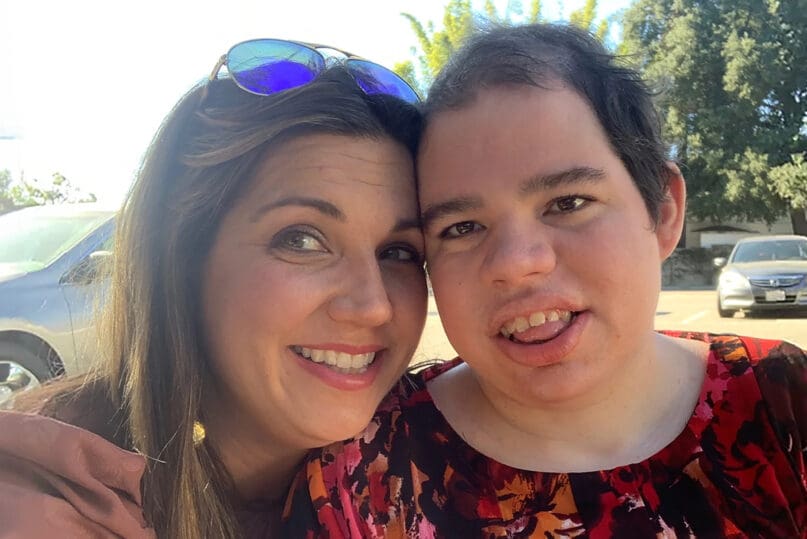
Project SHINE: Highlighting The Natalie Project
A sibling is spurred to action & advocacy after her sister experienced trauma & abuse from a caregiver.
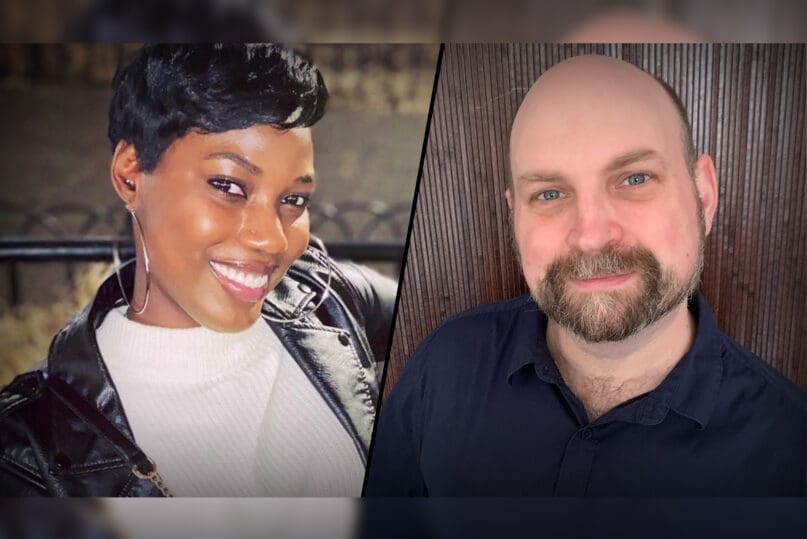
Introducing Two Project SHINE Advisory Board Members
AHRC NYC’s Tanika Marshall & Jason Conover were selected to serve on the Project SHINE Advisory Board.

AHRC New York City is proud to continue its work as part of the Project SHINE network.
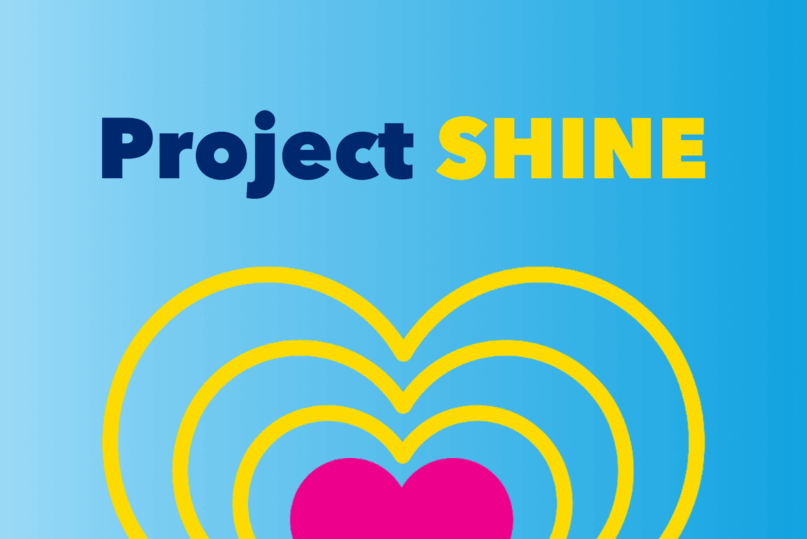
Project SHINE: Overcoming Trauma as a Person with Autism
A survivor shares her story about overcoming a traumatic sexual experience, gaining support and advice from trusted sources, and realizing what she wants for herself.

Project SHINE Highlights a Mother’s Embrace of Her Autistic Child’s Gender Identity and Expression
A family unit impacted by the lack of comprehensive sexuality education in the disability community.
